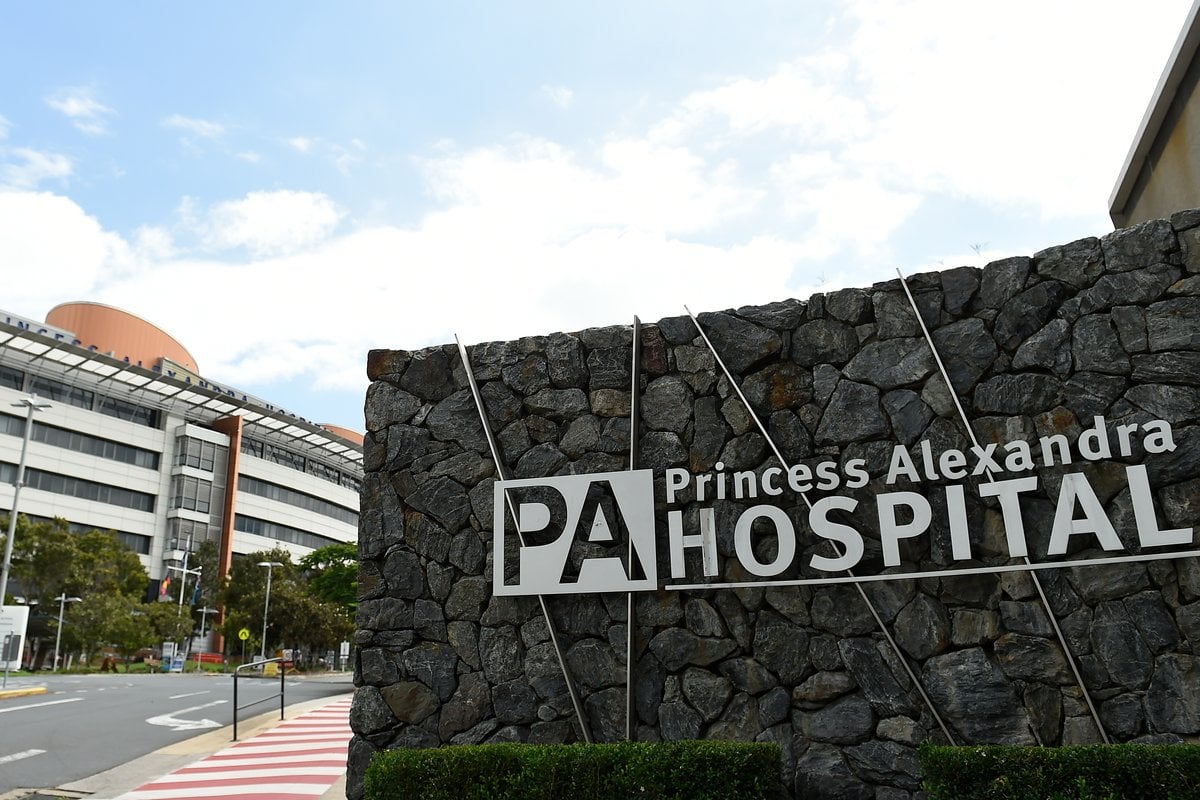
Catherine Bennett, Deakin University
Health authorities in Queensland and New South Wales are racing to prevent COVID outbreaks after one community case was recorded in each state over recent days.
Brisbane’s Princess Alexandra Hospital was put into lockdown on Friday night after a doctor who treated a returned traveller with COVID tested positive.
In Sydney, a security guard who worked at two quarantine hotels returned a positive result yesterday.
Neither state has recorded any further community cases so far, although hundreds of close contacts remain in quarantine. Let’s take a closer look at what’s happened.
The vaccine doesn’t work immediately.
The Sydney security guard had received a first dose of the Pfizer vaccine. But this isn’t reason to be concerned about the vaccine’s effectiveness.
Reports indicate the man received his first dose on March 2, and health authorities’ working hypothesis is that he caught the virus during an overnight shift at the Sofitel Wentworth from March 6-7.
Data on the Pfizer vaccine show it only starts to protect 12 days after the first dose. Maximum protection, of course, only comes after the second dose.
So we wouldn’t yet expect this person to be reaping the vaccine’s benefits at the time he was exposed.
It’s possible the first dose may have already conferred some level of protection, and we can hope this person may experience a less severe infection, and be less infectious to other people, than he would have had he not received a single dose days earlier. But we don’t know this will be the case.
